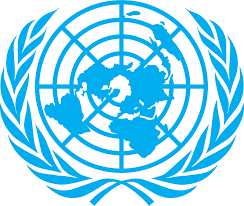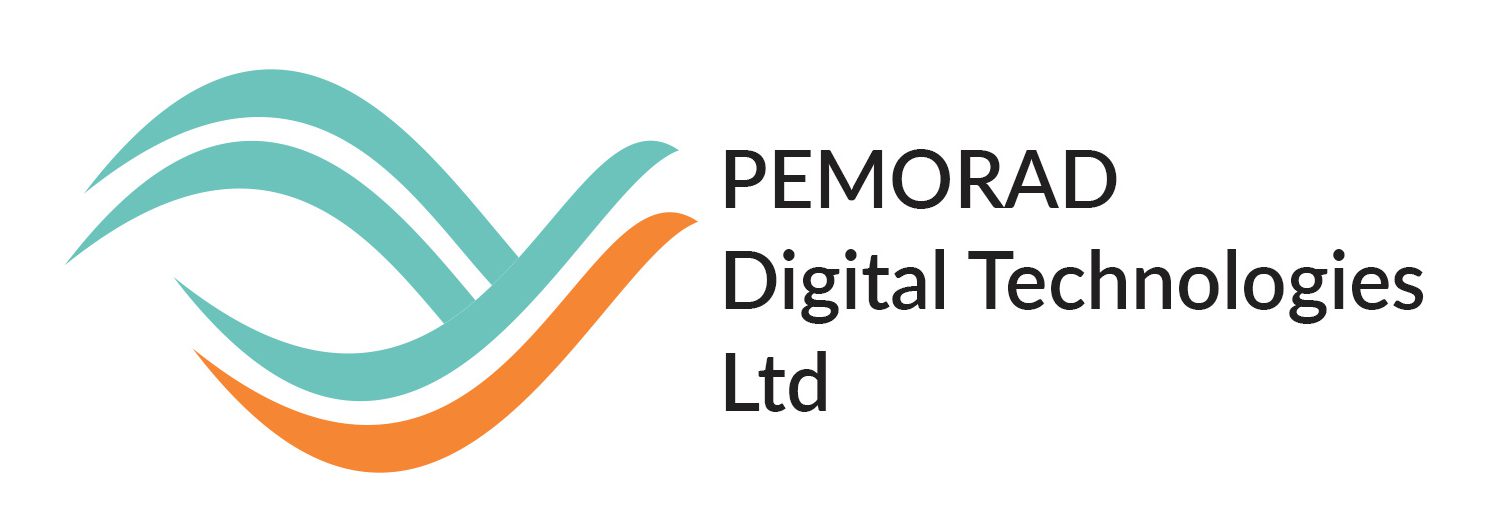Application Deadline: March 3, 2021
Posting Title: INTERN – LEGAL AFFAIRS, I (Temporary Job Opening)
Job Code Title: INTERN – LEGAL AFFAIRS
Department/Office: International Residual Mechanism for Criminal Tribunals
Duty Station: ARUSHA
Job Opening Number: 20-Legal Affairs-RMT-135066-J-Arusha (A)
Staffing Exercise N/A
United Nations Core Values: Integrity, Professionalism, Respect for Diversity
The Immediate Office of the Registrar (“IOR”) of the United Nations International Residual Mechanism for Criminal Tribunals (“Mechanism” or “IRMCT”) invites applications for legal internships starting 01 July 2020 in Arusha, United Republic of Tanzania. The above job opening will be valid for one year and candidates will be selected on a rolling basis. Please indicate your preferred internship period in your cover letter.
The International Residual Mechanism for Criminal Tribunals (“Mechanism”) is mandated to perform a number of essential functions previously carried out by the International Criminal Tribunal for Rwanda (“ICTR”) and the International Criminal Tribunal for the former Yugoslavia (“ICTY”). In carrying out these essential functions the Mechanism maintains the legacies of these two pioneering ad hoc international criminal courts and strives to reflect best practices in the field of international criminal justice. The Registry provides administrative, legal, policy and diplomatic support services. The Registry’s main duties include the provision of court support services for Chambers, the Office of the Prosecutor and the Defence; managing the UN detention facilities; the supervision of the enforcement of sentences; the protection of victims and witnesses; and assistance to national jurisdictions.
Responsibilities
Under the supervision of legal officers in the IOR, Arusha branch, interns provide legal and administrative support with respect to a range of functions, including conducting research in the field of international, criminal, and administrative law; assisting IOR legal officers in drafting and reviewing legal submissions, official correspondence, memoranda, talking points and decisions; or routine tasks such as cite-checking and compiling materials. Interns may carry out any other duties as required.
Competencies
Professionalism: Knowledge, experience and/or training in international criminal law, international humanitarian law, human rights law and/or public international law; Possesses excellent legal research and analytical skills; Shows pride in work and in achievements; Demonstrates professional competence and mastery of subject matter; Is conscientious and efficient in meeting commitments; observing deadlines and achieving results; Is motivated by professional rather than personal concerns; Shows persistence when faced with difficult problems or challenges; Remains calm in stressful situations.
Communication: Speaks and writes clearly and effectively; Listens to others, correctly interprets messages from others and responds appropriately; Asks questions to clarify, and exhibits interest in having two way communication; Tailors language, tone, style and format to match the audience; Demonstrates openness in sharing information and keeping people informed.
Teamwork: Works collaboratively with colleagues to achieve organisational goals; Solicits input by genuinely valuing others’ ideas and expertise; Is willing to learn from others; Places team agenda before personal agenda; Supports and acts in accordance with final group decision, even when such decisions may not entirely reflect own position; Shares credit for team accomplishments and accepts joint responsibility for team shortcomings.
Education
Candidates are required (i) to be in the final year of university legal studies at the undergraduate or graduate level, or alternatively, (ii) to have completed a non-legal undergraduate university degree and at least one year of graduate legal studies by the time the internship commences. Applicants must be computer literate in standard software applications.
Work Experience
Applicants are not required to have professional work experience for participation in the Programme. Are you a student in a Bachelor’s (final year), Master’s or Ph.D. Programme or equivalent, or have you completed a degree and are able to commence an internship within a year of graduation?
Is your field of study closely related to the type of internship you are applying for?
Will you be able to cover the cost of travel including visa, accommodation and other living expenses for the duration of the internship?
Languages
English and French are the working languages of the Mechanism. Fluency in oral and written English is required. Working knowledge of French will be considered an asset.
Assessment
Short-listed candidates may be contacted by the hiring team directly if further information is needed during the review of their application. Due to the high volume of applications received, candidates who have not been short-listed will not be contacted.
Special Notice
Please note internships are unpaid. IRMCT interns are responsible for all internship-related expenses that they incur. Interns must therefore be able to cover their costs of travel, insurance, accommodation, as well as living expenses during the internship period. External sources of funding may be available please also check our website. The United Nations accepts no responsibility for costs arising from accidents and/or illness incurred during an internship. Therefore, upon award of an internship, interns are responsible for securing adequate insurance coverage and are required to sign and return a statement confirming their understanding and acceptance of these conditions of service.
Interns must keep confidential any and all unpublished information obtained during the course of the internship and not publish any reports or papers based on such information except with the explicit written authorization of the Chief of Human Resources of the IRMCT. Interns are bound by the same duties and obligations as staff members, and the information to which an intern has access in the course of the internship must not be divulged to external parties. Each prospective intern must sign the Acceptance and Undertaking Form to indicate their understanding and acceptance of this stipulation.
There should be no expectation of employment by the United Nations or the IRMCT upon completion of the internship.
ALL of the documents listed below are required. Incomplete applications will not be reviewed. Due to the number of applications, only short-listed candidates will be contacted.
Interested applicants must attach ALL of the following documents to each UN Careers portal application submitted via https:careers.un.org:
1. A cover letter including an available start and end date for the internship. The duration of the internship generally ranges from three months to a maximum of six months.
2. Two letters of recommendation preferably from academic or professional referees;
3. Copies of university/law studies transcripts (including courses taken and grades received.)
4. A writing sample preferably in a field relevant to the work of the Mechanism and not longer than ten pages.
Other Skills and Requirements
Applicants are not required to have professional work experience for participation in the programme. Applicants must be at least 18 years old. Previous legal experience is an asset.
For application details, visit https://careers.un.org/lbw/jobdetail.aspx?id=135066&Lang=en-US






